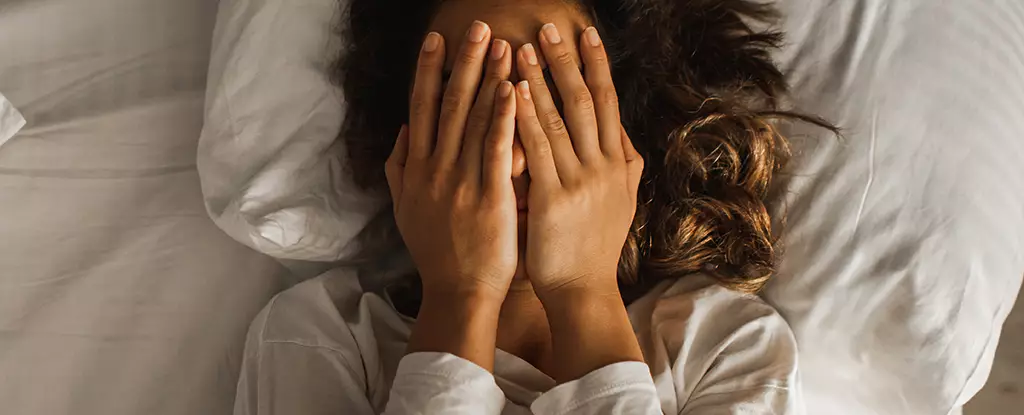Sleep deprivation can severely impact our cognitive function, leaving us feeling groggy and fatigued. However, recent research conducted by the University of Portsmouth in the UK suggests that exercise can effectively counterbalance the negative effects of a restless night. This study offers valuable insights into the benefits of exercise for our bodies, even in low oxygen environments.
In the study, two experiments were conducted, involving 12 healthy adult participants in each. The first experiment tested cognitive performance after three nights of partial sleep deprivation (PSD), while the second experiment analyzed cognitive performance after one night of total sleep deprivation (TSD) in a state of hypoxia (low body oxygen). The researchers compared these results to a normal amount of sleep.
Surprisingly, the findings revealed that just 20 minutes of exercise on an exercise bike improved brain function in all conditions: PSD, TSD, and hypoxia. This discovery has far-reaching implications for a wide range of individuals, from new parents to mountain climbers. Exercise physiologist Joe Costello from the University of Portsmouth shares, “We know from existing research that exercise improves or maintains our cognitive performance, even when oxygen levels are reduced. But this is the first study to suggest it also improves cognitive performance after both full and partial sleep deprivation, and when combined with hypoxia.”
Previous research has already established a strong link between exercise and improved brain function. One theory suggests that exercise provides the brain with extra oxygen, thus enhancing cognitive performance. However, this study challenges this notion, as cognitive improvements were observed even in low oxygen environments.
This finding suggests that additional factors, such as brain-regulating hormones, increased arousal, or motivation, may play a role in the exercise-induced cognitive improvements. Further research is needed to investigate these potential mechanisms. Nevertheless, this study provides valuable new information about the relationship between sleep, exercise, and cognitive ability, particularly in situations where multiple stressors are present.
Physiologist Thomas Williams from the University of Portsmouth explains, “Sleep deprivation is often experienced in combination with other stressors. For example, people who travel to high altitudes are also likely to experience a disruption to their sleep pattern.”
According to research, approximately 43 percent of individuals fail to get the recommended 7-9 hours of sleep per night. This lack of sleep can have serious implications, increasing the risk of conditions such as depression and heart disease while negatively affecting both physical and mental health.
The encouraging aspect of this study is the potential for quick recovery from the negative effects of sleep deprivation through exercise. However, it is crucial to prioritize sufficient sleep on a daily basis rather than relying on exercise as a means to catch up on sleep.
Joe Costello acknowledges the significance of these findings, stating, “The findings significantly add to what we know about the relationship between exercise and these stressors, and help to reinforce the message that movement is medicine for the body and the brain.”
This research provides evidence of the power of exercise in counteracting the cognitive decline caused by sleep deprivation. Despite low oxygen levels or complete lack of sleep, exercise has the potential to improve brain function. It highlights the importance of incorporating exercise into our routines and prioritizing adequate sleep for optimal physical and mental health. As we continue to uncover the various ways exercise benefits our bodies and minds, it becomes clear that movement truly is medicine.



Leave a Reply